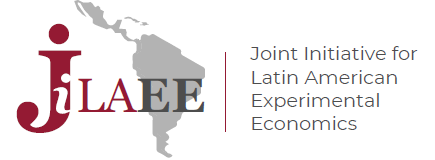ABSTRACT: Abstract We report from a study of how people’s distributive behavior is affected by them having limited information about the source of the inequality. A large literature has shown that people are more accepting of inequalities due to merit than to luck, but the existing literature has not considered that people in most distributive situations face limited information about the role of merit and luck in determining earnings. We provide a general theoretical framework for studying this question, where we show that limited information causes Bayesian spectators to implement less inequality as long as it introduces fairness-ranking uncertainty, while non-Bayesian spectators introduce opposing forces on implemented inequality depending on whether they are signal neglecters or base rate neglecters. We test the predictions of the theory in an experiment, where we establish that many people deviate from Bayesian updating when they receive a noisy earnings signal about performance. Estimating a structural model, we show that a large share of the participants can be characterized as base rate neglecters or as signal neglecters in their belief updating, which implies that many meritocrats implement the egalitarian or the libertarian outcome under limited information. Our findings show that limited information may create significant disagreement among individuals who share the same fairness view, because people update information differently. The results contribute to a better understanding of the foundations of redistribution policies in society.
Back to All Events

